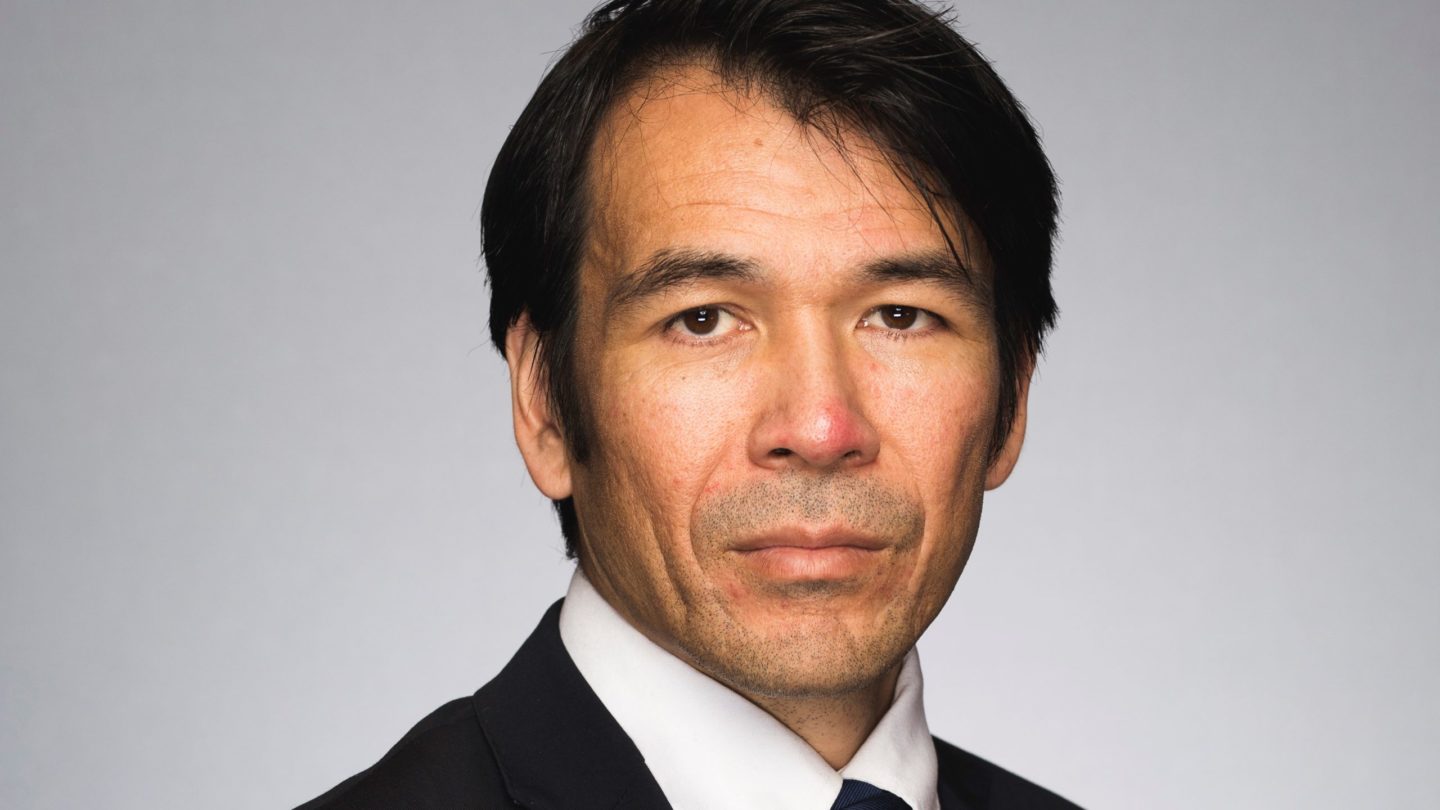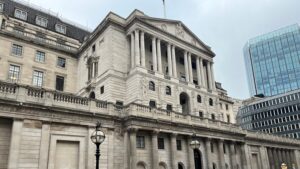If we were to describe the investment environment in one word, it would be a tough call between “volatile” and “unprecedented”. Both are fair assessments. Businesses are struggling, jobs are vanishing, profits are plummeting, and dividends are getting cut. Many are describing Covid-19 as a black swan event. Some are even calling it a black swan that has eaten a black swan. Either way, it meets the classical definition of an unforeseen event with a low probability of occurring.
Market participants have understandably been left confused and perhaps even anxious. Local and global stockmarkets have sold off between 15% and 30%, year to date, depending on the market and timeframe. Companies with high debt or direct exposure to the economic downturn – such as travel, hospitality, energy, financials and leisure companies – have been hit particularly hard. Cash, government bonds and the US dollar have acted as a ballast, but that is little consolation for the unique circumstances we find ourselves in.
Long-term lens
In the face of these hefty changes, it is important to put these significant market movements into perspective and remain level-headed. We must expect a severe recession – but this situation is best looked at via a long-term lens. This removes us from the big debate across the country, and the globe, around the short-term economic impact and where we go from here. The reality is that periods of short-term volatility are inevitable and shocks to stock markets are not unusual. Even so, these types of events create uncertainty and often leave investors with the urge to do something.
So, what can investors do? Remain calm and see the positives in this. It is easy to find a reason not to invest – however, take a moment to reflect over the past 100 years. We have been through two world wars, more than a dozen recessions, a financial crisis and a Great Depression, to name only a few. In this context, investor fears are likely to pass – eventually. We may have already seen offshoots of this, with stimulus committed to combatting the economic impact.
This perhaps links to another big question on everyone’s mind – when should changes be made to a portfolio? To start, investors are advised to maintain a long-term view in line with their goals. In many instances, it makes sense to retain exposure to more volatile asset classes such as equities, or perhaps even to increase the exposure to take advantage of lower prices.
Probabilistic mindset
Let’s acknowledge that we do not know the exact time to buy – no-one does or will. But the best step to take has to be to adopt a probabilistic mindset, where we increase our positioning depending on how extreme the asset is priced.
While the consideration to grab the closest cash lifejacket, jump ship and move all your assets to cash is an understandable response to recession fears, therefore, it is unlikely to be in the best interests of your clients. Instead, keep doing what you can to stick to your goals.
In this sense, we can now see opportunity knocking, across both stocks and fixed income. This is not to say that we will not see further declines in the near term – of course we may – but seeing better value provides a compelling reason to buy (discerningly) for those focused on delivering longer-term outcomes. Remain focused on what is most important when investing – balancing risk and reward and coaching yourself to make good decisions.
After all, humans are a resilient species and there is every reason to believe we will get through this. Brighter days are ahead of us.
Mark Preskett is a portfolio manager at Morningstar Investment Management Europe







